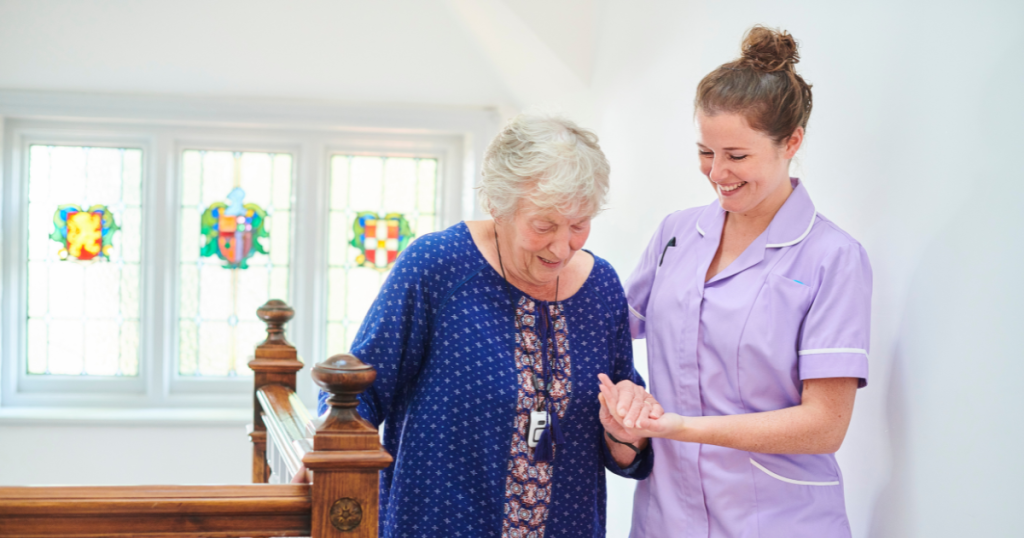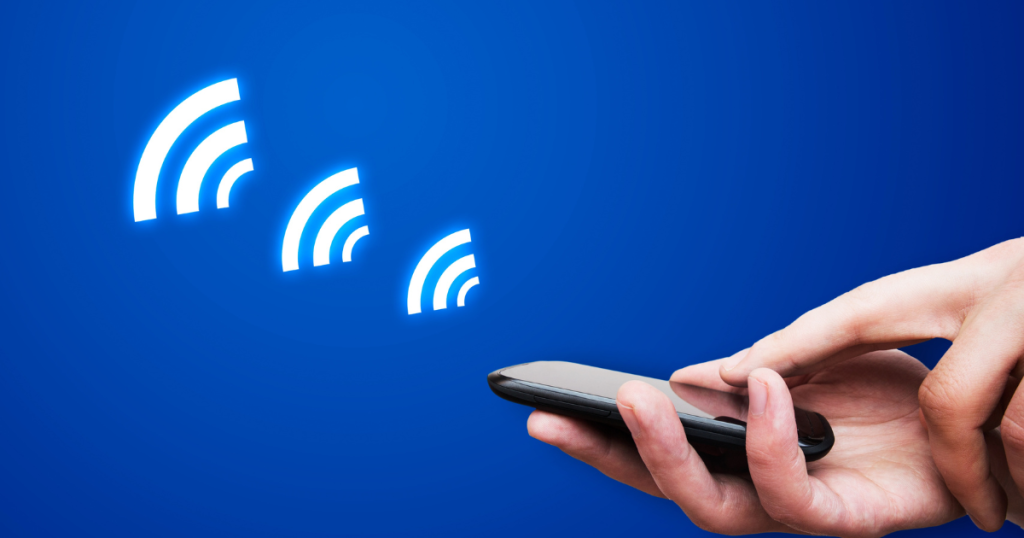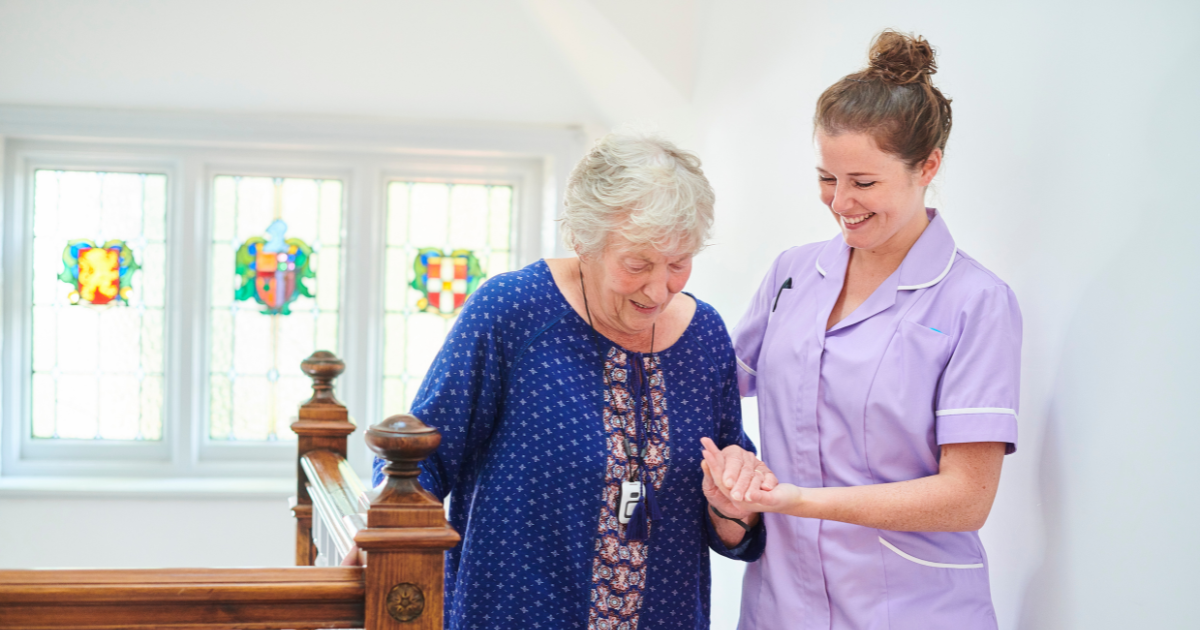The use of mobile technology in the domiciliary care sector has seen a significant rise in recent years. With care delivery becoming increasingly reliant on technology to ensure the highest standards of service, mobile devices have emerged as indispensable tools. From enhancing communication and improving care coordination to streamlining administrative tasks and boosting client satisfaction, mobile technology has the potential to transform the way domiciliary care services are delivered. For IT buyers in the domiciliary care sector, understanding the benefits and applications of mobile technology can help improve care outcomes and operational efficiency.

Enhancing Communication and Coordination in Domiciliary Care
One of the most important aspects of domiciliary care is communication, as it directly impacts the quality of service provided. Mobile technology enables real-time communication between care providers, patients, and their families, ensuring that everyone involved in the care process is kept informed. Care workers can easily update patient records, relay important information, and alert team members of any changes in a patient’s condition or needs. This constant flow of information reduces the likelihood of errors and ensures that care plans are consistently followed.
For patients, the ability to stay in contact with family members or medical professionals through mobile devices can also provide a sense of reassurance. Real-time communication fosters a sense of trust between care providers, patients, and their families, which is essential in maintaining positive care relationships.
Mobile Devices as a Tool for Monitoring and Support
Mobile technology has advanced beyond simple communication, now offering sophisticated tools for patient monitoring and support. Care providers can use mobile devices to track vital health information such as blood pressure, glucose levels, and medication adherence. Many mobile applications designed for the healthcare sector allow caregivers to monitor patient data in real-time, alerting them to any concerning changes in the patient’s condition. This continuous monitoring enables quicker responses to potential health issues, reducing the need for emergency interventions.
Additionally, mobile apps can help caregivers manage medications, reminding them when to administer doses or refill prescriptions. They can also streamline appointment scheduling, ensuring that patients never miss a crucial check-up. The ability to track health data and care routines on a mobile device not only improves the accuracy of care but also enhances the overall quality of life for patients.
Improved Security and Data Protection
Data security is paramount in the domiciliary care sector, as caregivers handle sensitive patient information daily. Mobile phones and devices offer a range of security features designed to protect this valuable data. With built-in encryption, secure access controls, and authentication protocols, mobile technology ensures that only authorised personnel can access patient information. This greatly reduces the risk of data breaches or unauthorised access.
In addition to data security, mobile devices can help protect both patients and caregivers in the field. Many devices feature emergency alert systems that allow caregivers to send a distress signal if they are in a potentially dangerous situation. Mobile phones with GPS tracking can also provide a layer of security by allowing managers to track the location of care workers and ensure they are where they need to be.
NFC Technology in Domiciliary Care
Near Field Communication (NFC) is an emerging technology that is becoming increasingly useful in the domiciliary care sector. NFC-enabled mobile devices allow care workers to access patient records or update care logs simply by tapping their phone against an NFC tag or patient wristband. This feature helps reduce the time spent on administrative tasks and ensures accurate and real-time updates to patient records.

NFC can also be used for patient identification, ensuring that care workers are always providing the correct treatments and medications to the right individuals. Additionally, NFC can enhance security by enabling quick access to authorised personnel for monitoring or emergency alerts, which is especially important when care workers are in the field. With this technology, both caregivers and patients benefit from more streamlined and secure care processes, improving overall efficiency.
Trusted by Leading Domiciliary Care Providers
At The One Solution, we’re proud to support a number of respected care providers across the UK who are already experiencing the benefits of mobile technology in their day-to-day operations.
Harrogate Neighbours – A not-for-profit organisation providing high-quality care and housing services in North Yorkshire. We’ve helped them streamline communication and improve mobile connectivity for staff both in the community and at their residential site.
Walnut Care – Walnut Care delivers compassionate home care across the region. Our tailored mobile solutions have enabled them to enhance care coordination, simplify admin processes, and ensure their teams are supported while on the move.
Care2Care – Offering professional home care services in Yorkshire, Care2Care rely on robust mobile connectivity and secure data access to maintain high standards of care. We’ve worked closely with them to deliver a solution that meets both operational and safeguarding needs.
These partnerships reflect our deep understanding of the sector and our commitment to helping care providers deliver safe, efficient, and person-centred care. All these clients have said they’d be more than happy to take a call from anyone thinking about changing business mobile providers, to offer any advice and answer any questions about how they find working with The One Solution.
Final Thoughts
As the domiciliary care sector continues to evolve, the role of mobile technology will only grow in importance. By improving communication, supporting patient monitoring, enhancing security, and streamlining administrative tasks, mobile devices help create a more efficient, secure, and client-centred care environment. For IT buyers in the domiciliary care sector, investing in mobile technology offers a clear advantage in improving both the quality of care and operational efficiency. By embracing mobile solutions, care providers can position themselves to meet the demands of an increasingly digital and connected world.
If this article as promted you to think about your team’s mobile needs, contact us today to learn more about how we can tailor a solution to fit your business. You can use our contact form or get in touch on 0330 094 5545.







